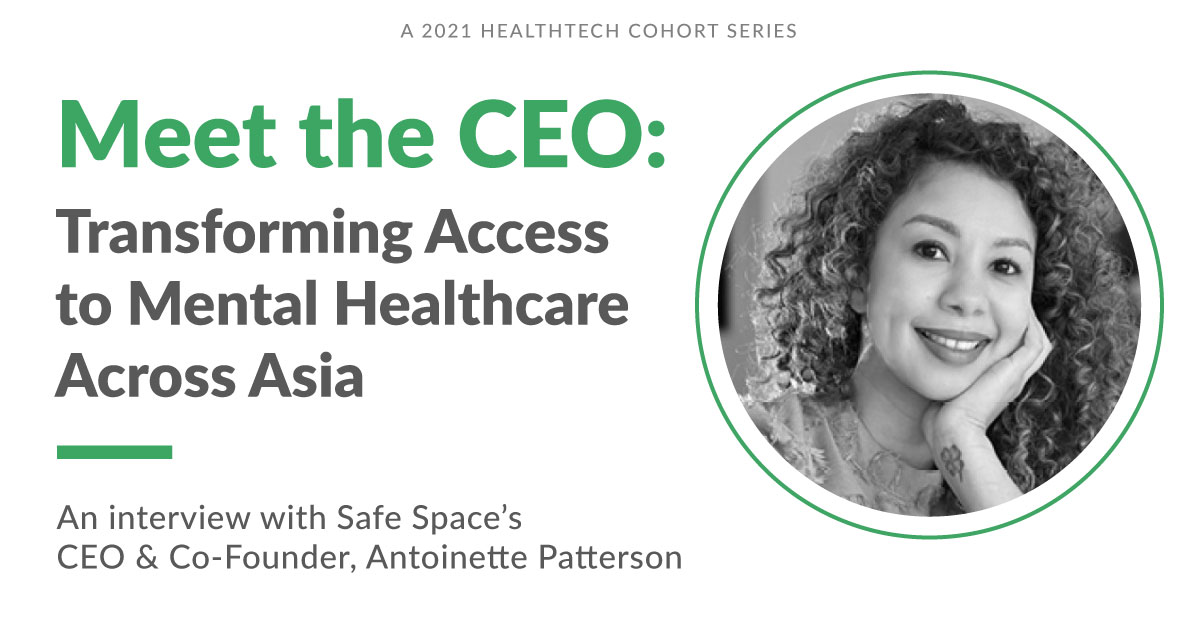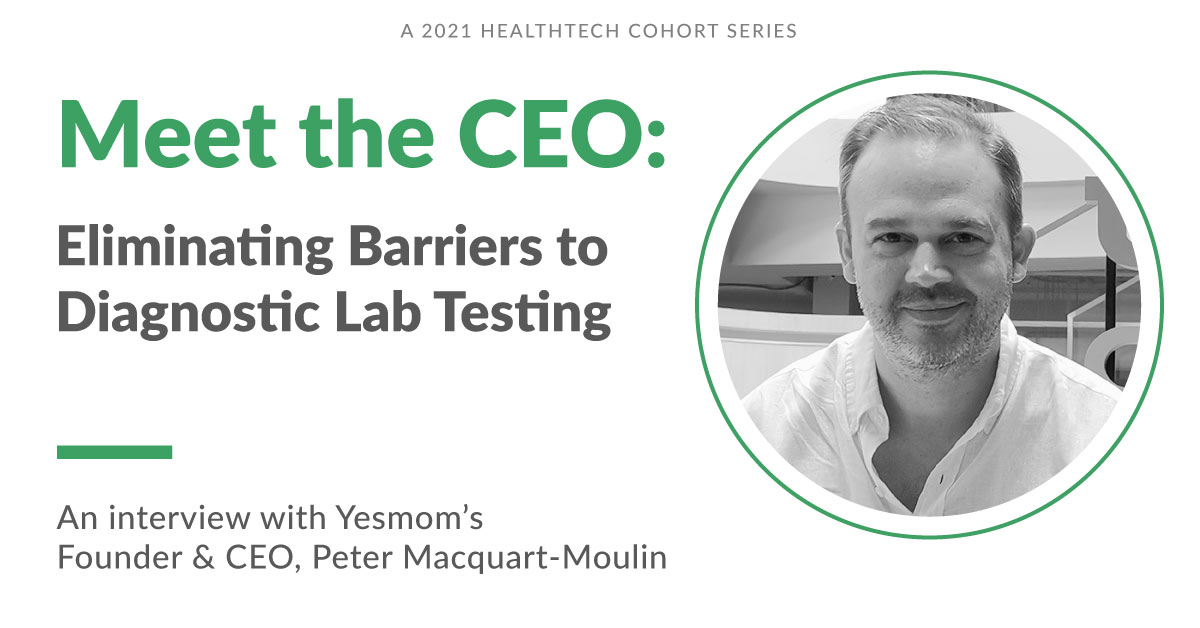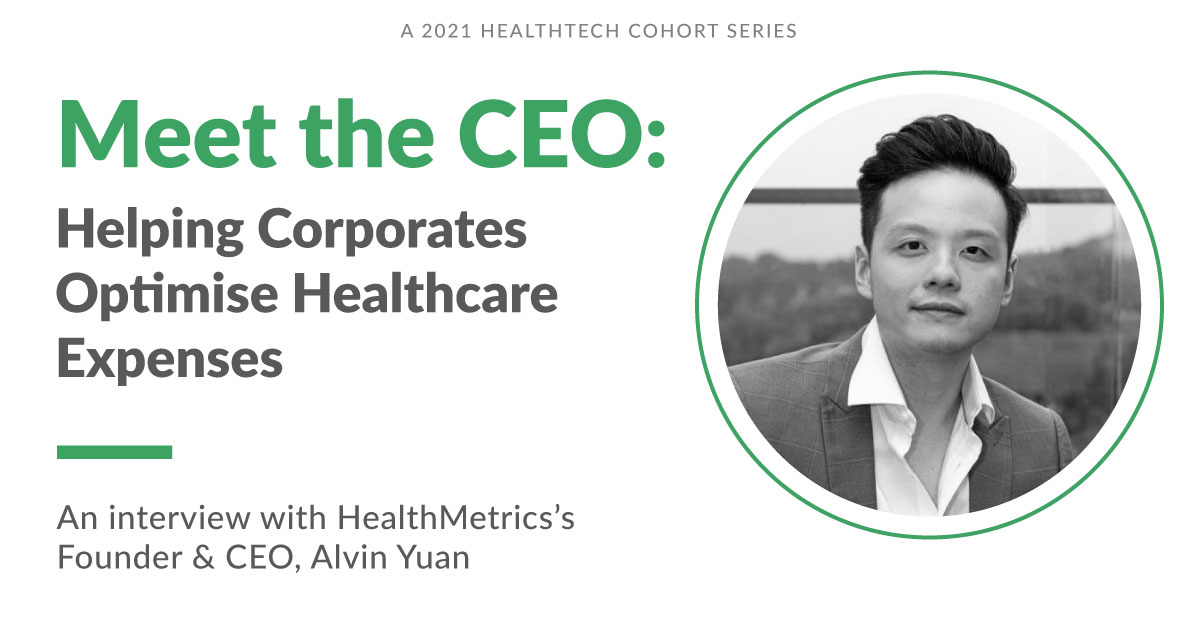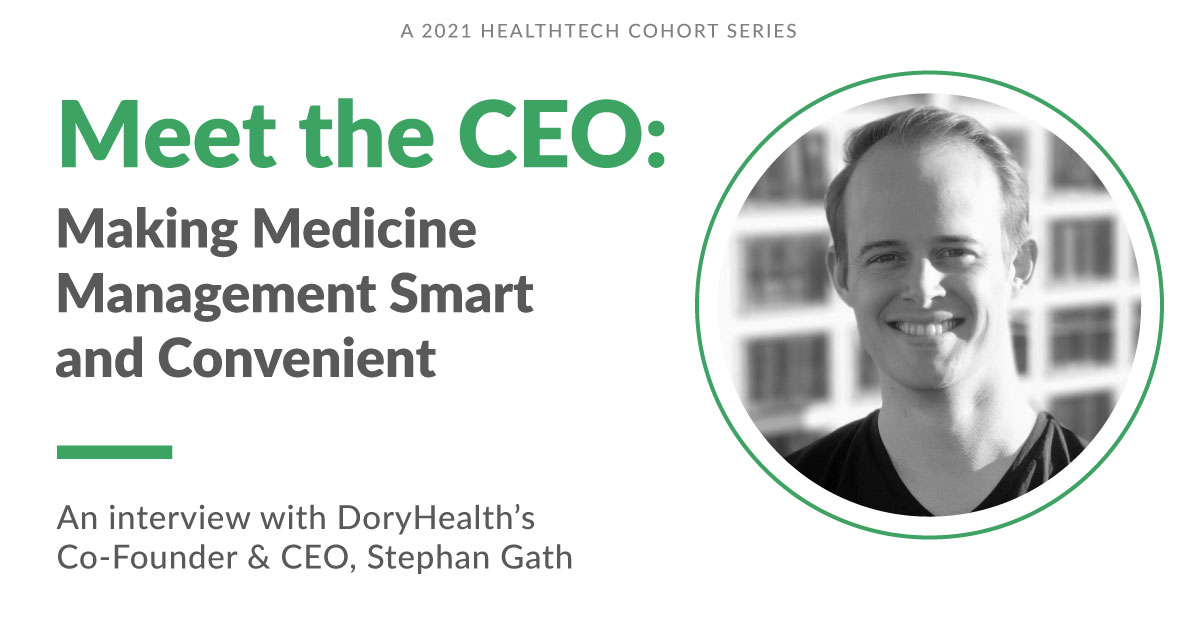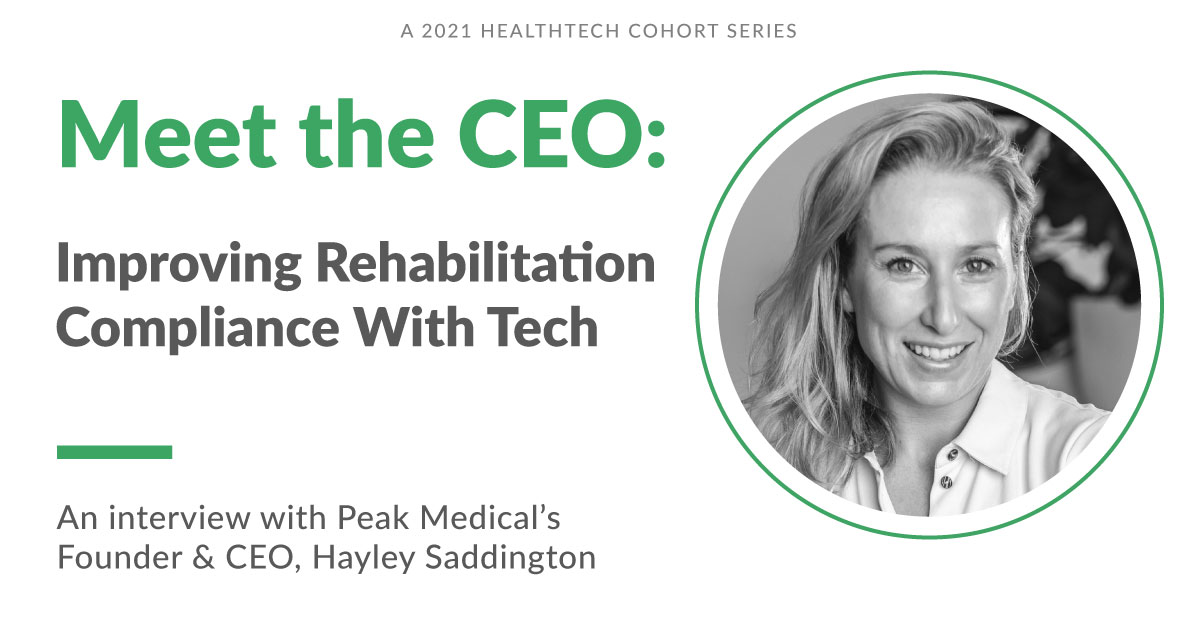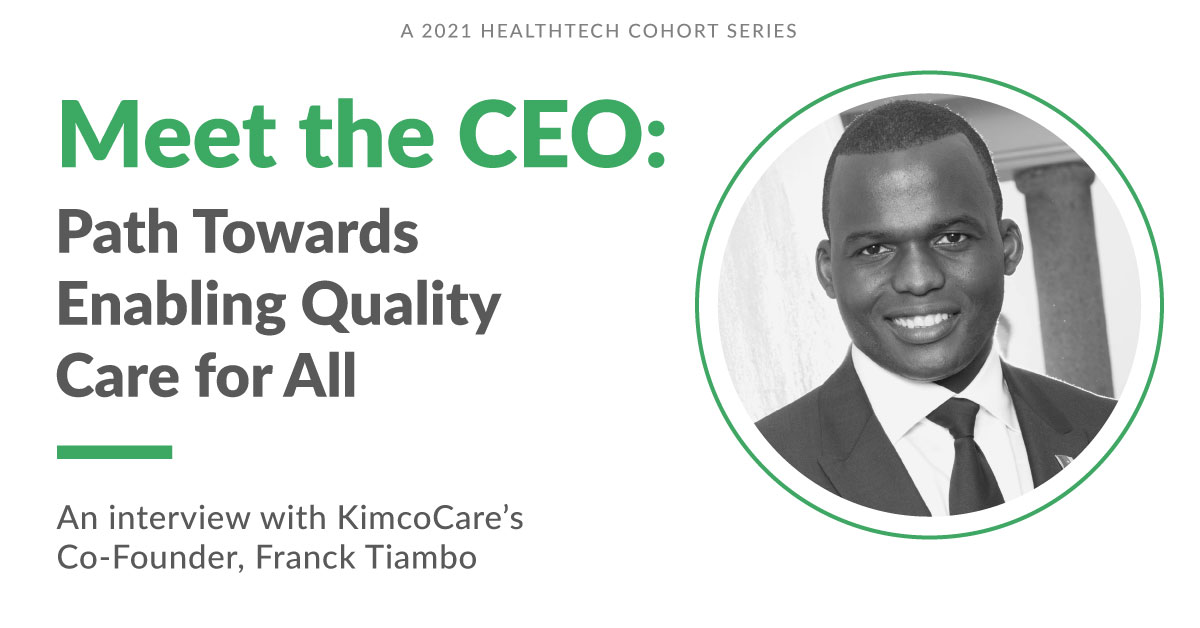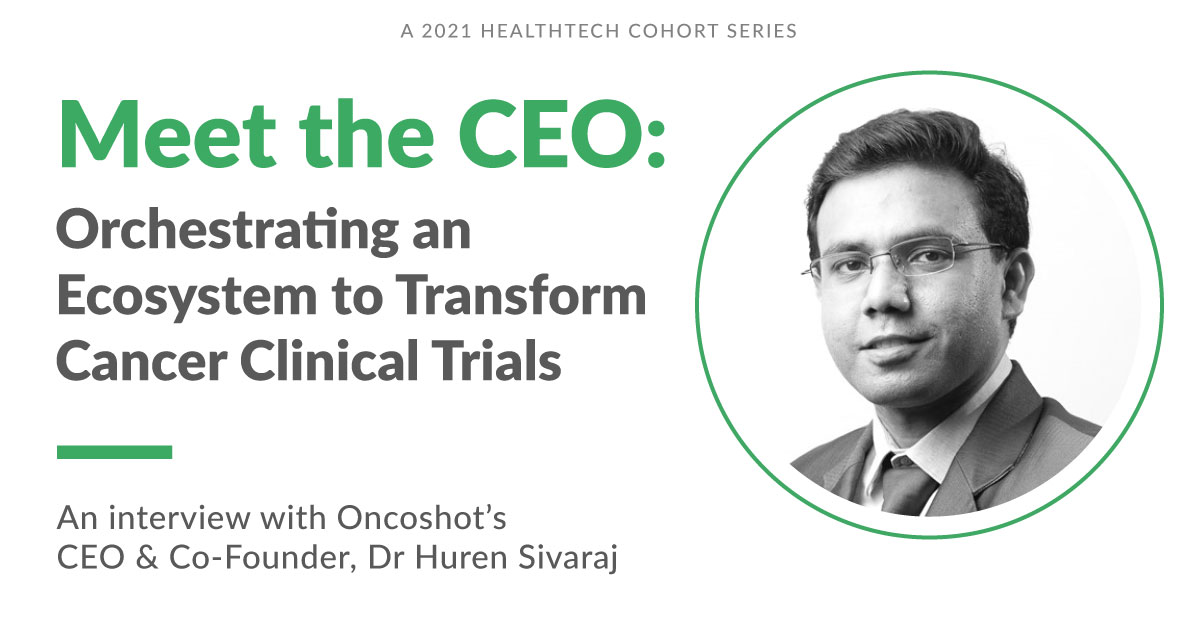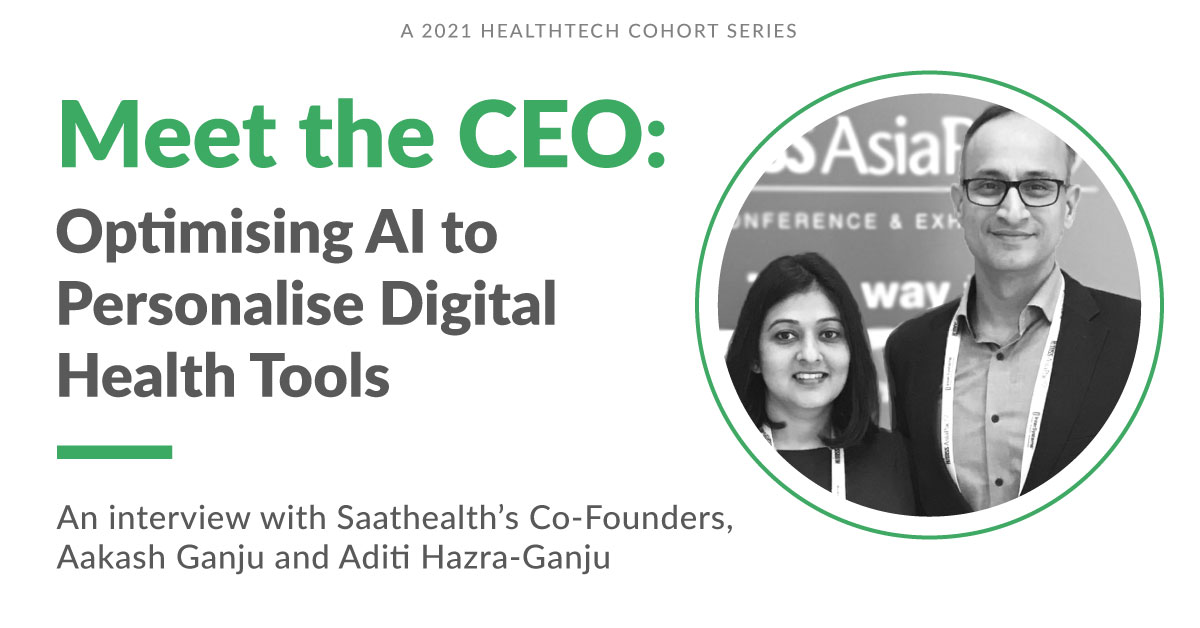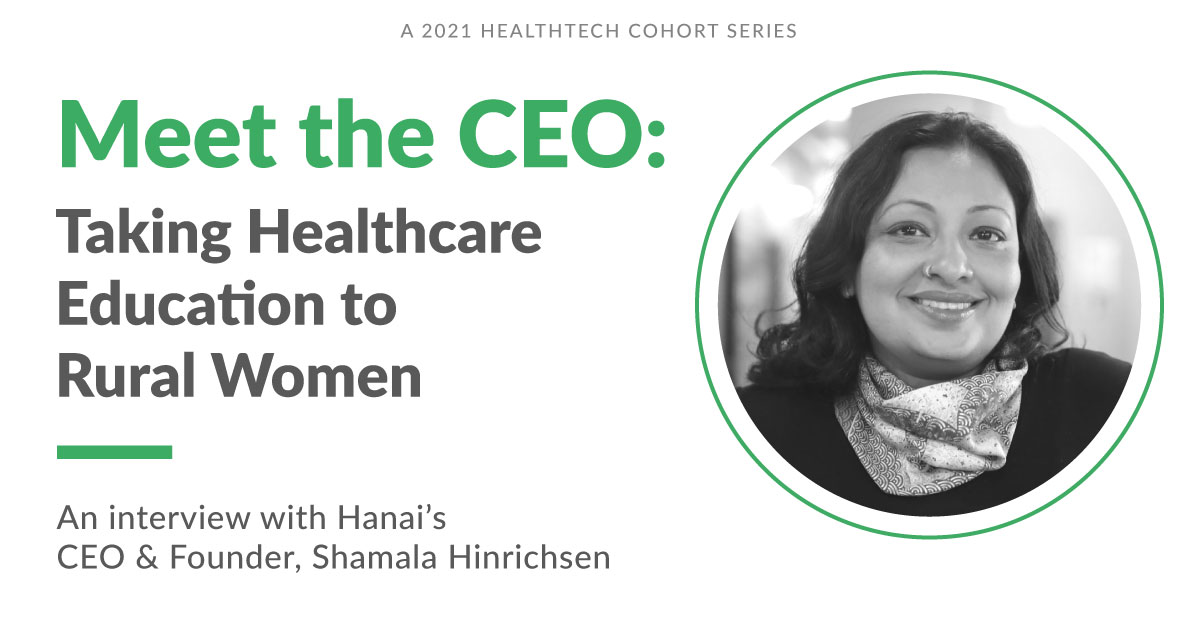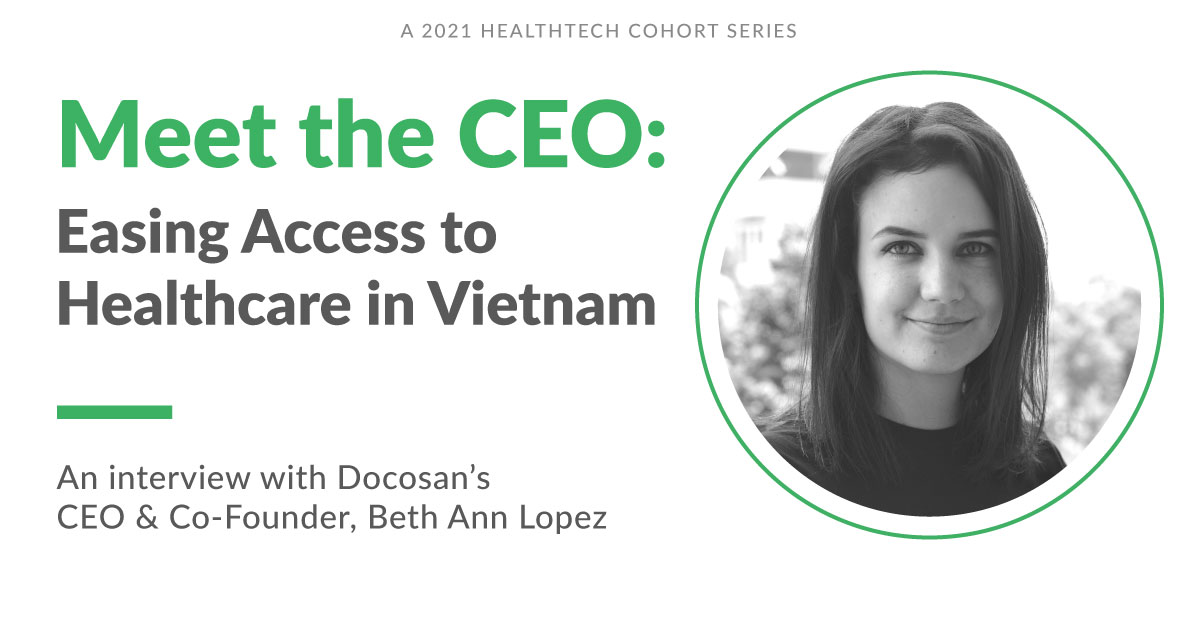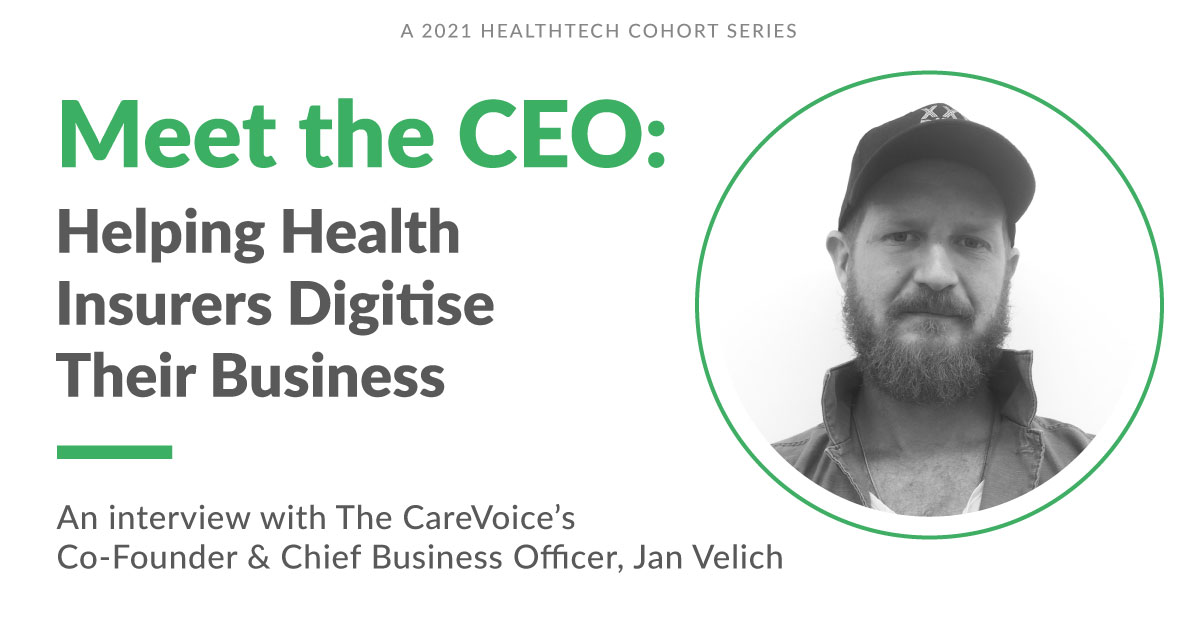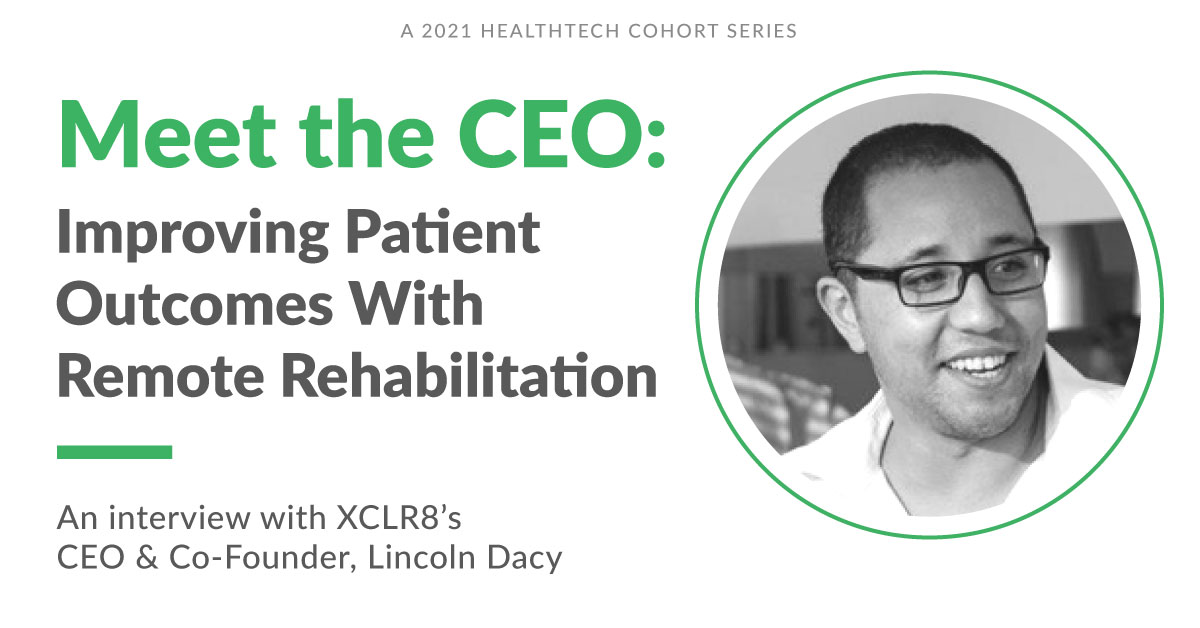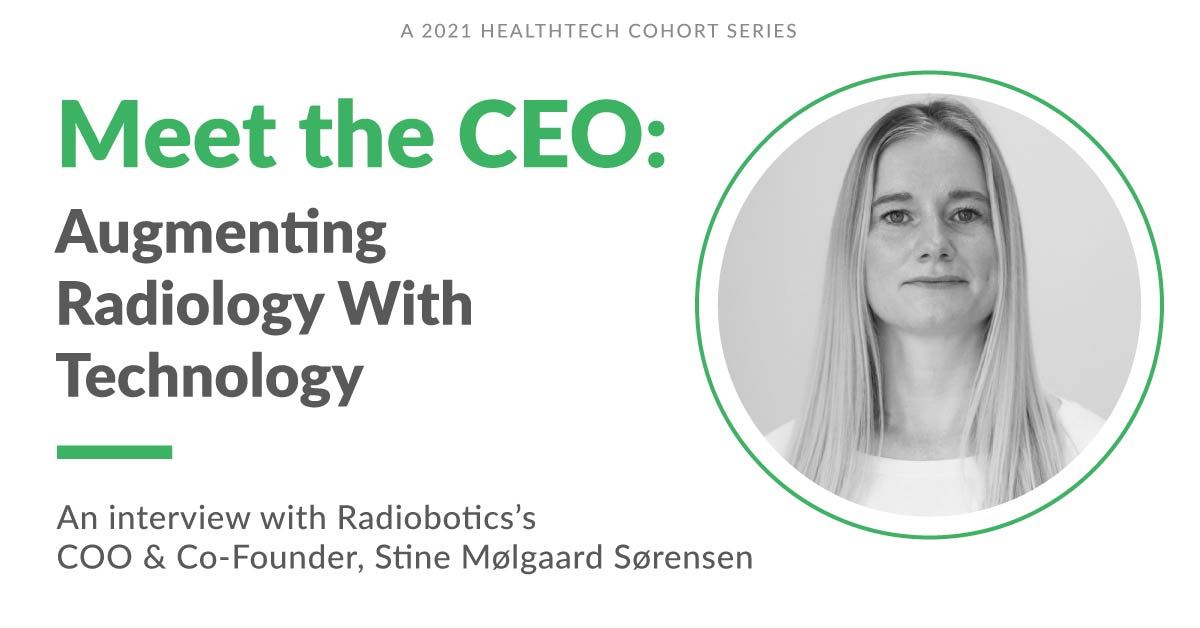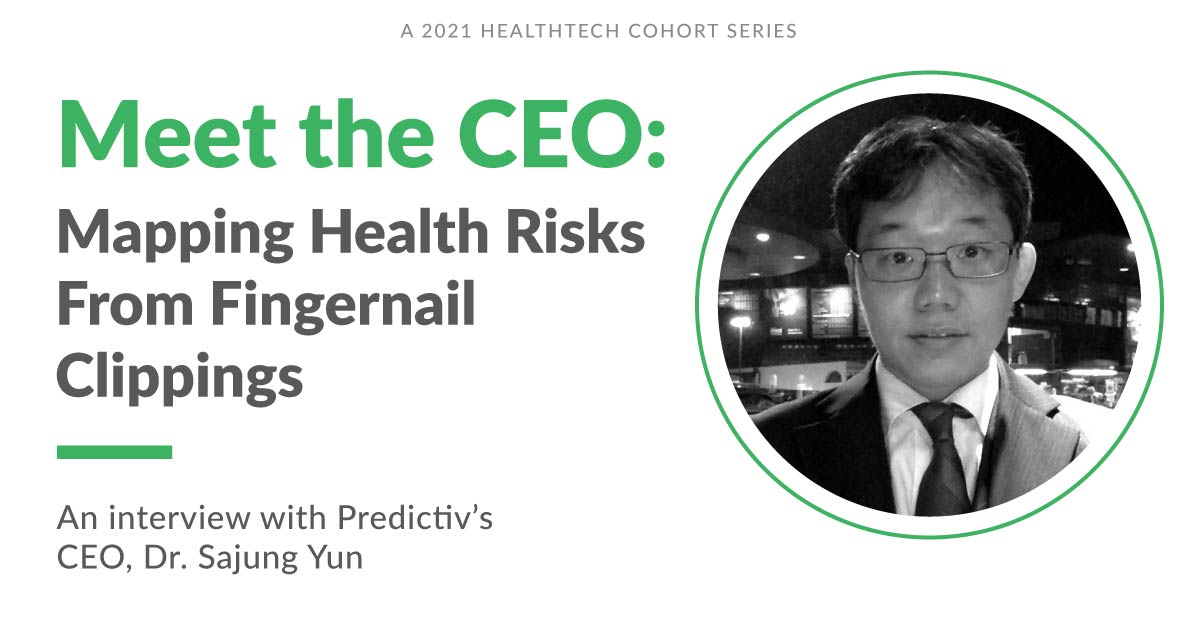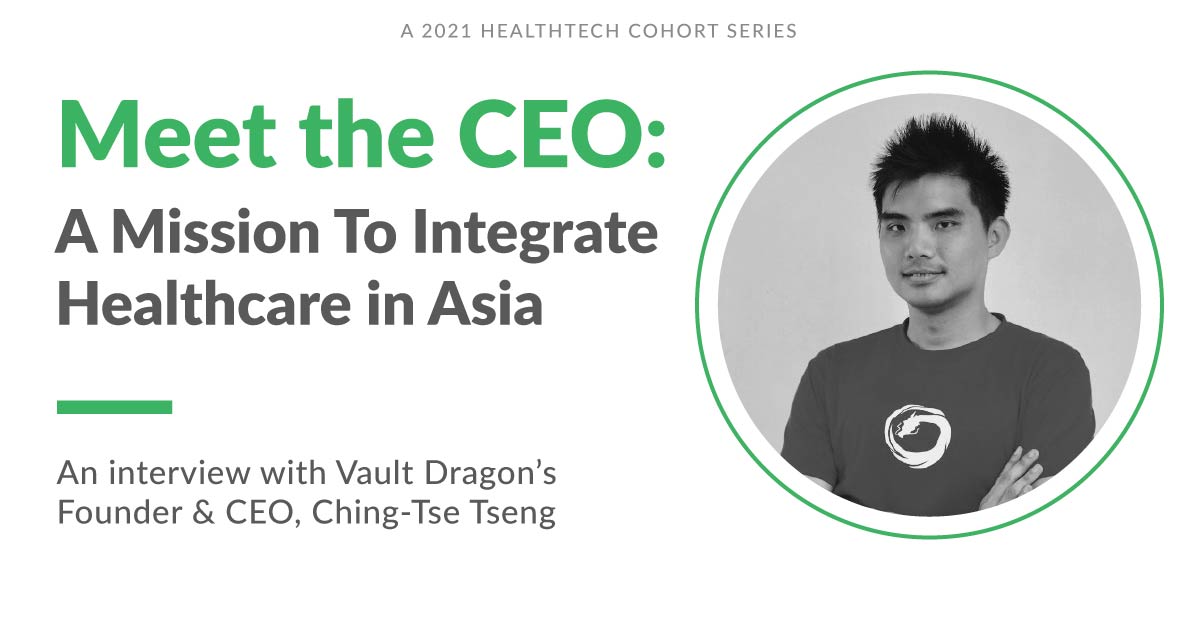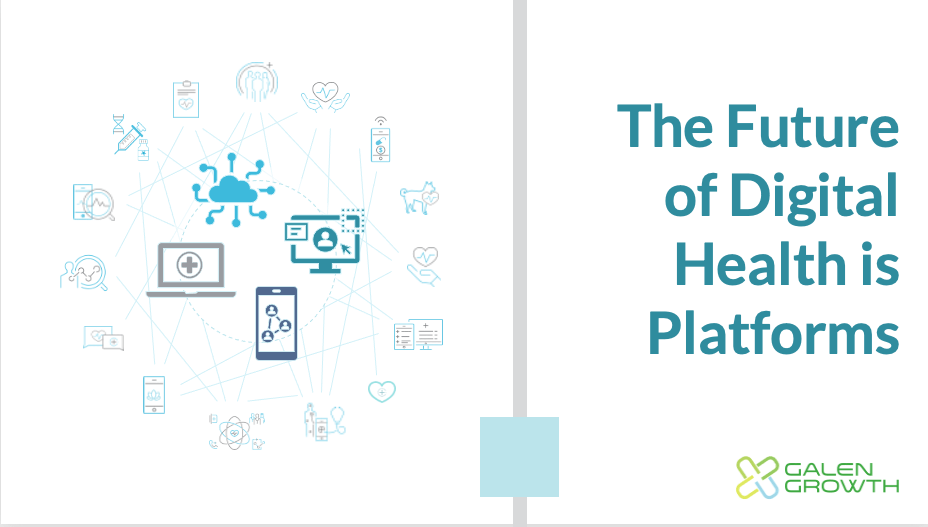
When you experience worrying symptoms for your physical health, you turn to a general physician or neighbourhood primary care provider for guidance. But finding help for mental health is more complicated than that. Trust and compatibility are critical prerequisites in searching for a mental health therapist. The effectiveness of therapy, too, significantly rests on the patient’s comfort level with the therapist.
Bringing Trust and Transparency to Mental Healthcare
A few years ago, Antoinette Patterson, CEO and Co-founder, Safe Space (Find on HealthTech Alpha), experienced first-hand the difficulty of finding mental healthcare in Singapore. Undergoing burnout, she turned to the internet to look for a therapist. While the search results showed many practitioners, it didn’t solve any of her main concerns. “There was no way to know if a particular therapist is best suited to help me, how much they charge and if they could see me immediately,” recollects Patterson. Eventually, she took a shot in the dark and selected the therapist available to see her on short notice.
Patterson lucked out with a good therapist but also ended up choosing the most expensive option. When she shared her experience with a few developer friends, together they came up with the idea for Safe Space. While mental health apps made in the West already existed, Patterson says “they weren’t suited for Asian audiences”. Describing it as more than a platform, Patterson says the Safe Space team is building an ecosystem to partner with various stakeholders to provide trust, transparency and easy access to quality mental healthcare and preventive education. “We want to provide fast access to affordable mental healthcare in a discreet environment,” explains Patterson.
In addition to individuals, Safe Space offers its services to corporate partners looking for Employee Assistance Programs (EAP). Considering mental health is still stigmatised in the region, the Safe Space team goes the extra mile to earn the trust of employees using the platform. “We implemented anonymous audience interaction tools in our onboarding process to enable employees to ask questions they were hesitant about,” says Patterson. They usually want to know whether HR will use the information against them or if going for therapy will impact their performance review.
To clear their doubts, the Safe Space team shows the employees how the HR dashboard looks, how their data is protected and the nature of data shared for analysis. “For example, if there’s a spike in therapy sessions during Q2, Safe Space will work with the HR manager to understand whether it was a stressful quarter and why,” explains Patterson. In case it’s likely to be recurring, Safe Space will use more educational tools like stress management. Making an effort to build transparency with employees has worked in their favour. “The global benchmark for EAP usage is 3 per cent, and ours is coming in at 10 per cent,” informs Patterson.
Building an Ecosystem for Mental Healthcare in Asia
Safe Space started as a side project three years ago. Patterson worked on it over the weekends, juggling it with her full-time job. Before turning entrepreneur, the Singapore native had been working in advertising for over ten years. Patterson’s job in growth hacking, which involved using advertising to earn top ranks for apps on the App Store, familiarised her with managing apps and marketing startups. When mental health services witnessed a rise in demand during COVID, Patterson decided to become a full-time entrepreneur. “We had a solution that already had brand presence, and people were coming to us. Not just individuals and corporates but therapists too. We felt responsible for making it work,” says Patterson.
Investors, too, saw potential in the rising demand, and Safe Space secured its first investment in October 2020. To keep up with the demand, the startup closed its bridge round in May 2021, primarily over-subscribed by angels, friends and family. “The funds will help us scale quickly to provide the same quality of service,” says Patterson. The startup is aiming to raise its Series A round by early 2022. In the wake of COVID, Safe Space is currently focusing its resources on the B2B2C model because recurring mental healthcare proves expensive for individuals whereas employers have a wellness budget to dip into.
Safe Space is working on several initiatives towards the mental healthcare ecosystem they envision. They launched a whitepaper in collaboration with ACE titled ‘Mental Health of Startup Founders in Singapore’ in July 2021. It sheds light on the issues faced by startup founders and includes strategies from clinical therapists on overcoming the concerns. Safe Space also offers affordable EAP solutions to startups that don’t dent their cash flows.
They have partnered with SkillsFuture and Ngee Ann Polytechnic to offer an online course called ‘Building Mental Resilience with Growth Mindset’. In addition to educating applicants, the course equips them with certified skills like being a peer support helper at work and performing psychological first aid. Safe Space also has its first mental health hackathon lined up in September. “We are passionate about youth who want to be involved in mental health and use their technical skills to make a difference,” says Patterson. It also encourages technological innovation in mental health. “We believe technology can complement a therapist’s human practice,” adds Patterson.
Witnessing the traction for digital mental health grow on the demand and supply side has been the most exciting part of turning entrepreneur for Patterson. “The digital mental health industry is still in its infancy. As one of the first movers in the region, we’re excited to be here at the right time with a working product that’s proven and tested,” she says. Based on referrals from peers already on Safe Space, many therapists are approaching the startup to take their practice online. Meanwhile, individual and corporate customers are full of praise for the research and content produced by Safe Space.
Trials and Learnings of a First-Time Entrepreneur
If there’s anything Patterson could have done differently, the first-time founder wishes she had known more about the startup ecosystem in her early days. Unaware about startup resources like grants, accelerators and incubators, she believes her journey took longer than it should have. “We went from idea stage to MVP alone and without any guidance,” notes the entrepreneur. “Had I known about these other avenues, it could have helped me fail and test faster and probably cut short my fundraising time.”
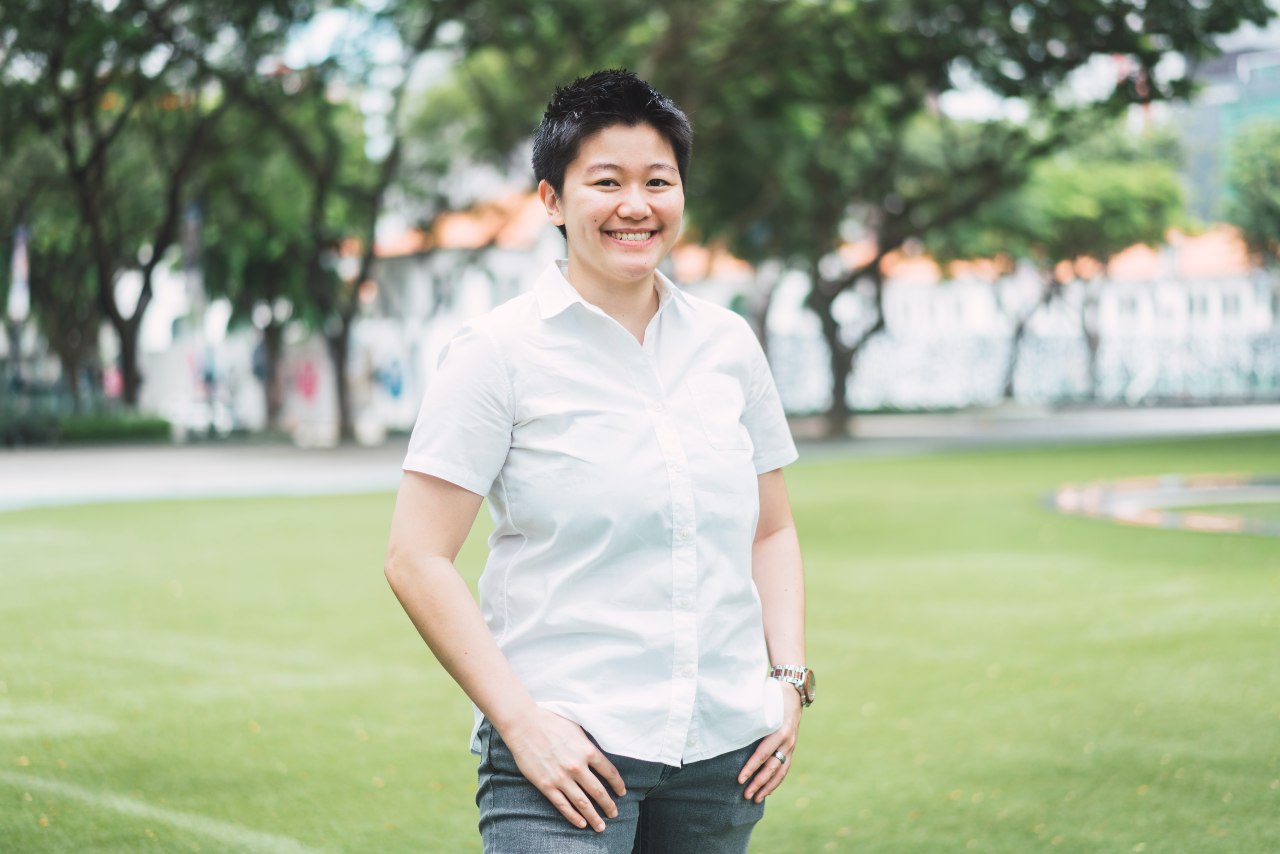
Some of the other early struggles were finding a co-founder and producing research. “It’s difficult to find someone who shares the same level of commitment. I’m thankful to have found an amazing co-founder in our COO Lynette Seow,” says Patterson, adding that it was life-changing to have a sounding board for ideas. Since there wasn’t much research on digital mental health three years ago, Patterson had to invest time and money in it. “Research was important to validate that this could work in Asia,” she says.
Entrepreneurship can be a lonely journey, so Patterson advises aspiring entrepreneurs to have a sound support system. “It’s important because you will need someone that you can talk to. It could be your friends, family or a founder community,” she says. Patterson joined CRIB, a Singapore-based social enterprise for female entrepreneurs. “They have been amazing with sharing resources,” she adds. Her advice to entrepreneurs planning to step into health tech is to own the USP and make sure it’s different. She recommends meeting investors after the business has gained traction. “If you don’t do that, they won’t take you seriously.”
How to Build a Billion Dollar App by George Berkowski is a book that has guided Patterson on her entrepreneurial journey. “It talks about the different ways to build revenue streams. The author charts out the path to go from 1 million to 10 million to 100 million to 1 billion,” she says. Patterson draws inspiration from Rosaline Koo, Founder and CEO, CXA Group. “As first movers in insurtech, their fight to build a product that’s new to the market is inspiring,” she notes. Patterson admires Koo for her resilience and the drive to launch a startup after a successful career.
The entrepreneur is pleased to be a part of the Galen Growth HealthTech Cohort for the partnership opportunities. “We’ve met a few partners through Galen Growth which has been very helpful,” says Patterson. The startup is looking forward to meeting a legal team at the Cohort’s legal think tank. “We’ve completed our business continuity plan and want to have a legal team cast an eye on it to make sure there are no potential legal complications,” she says. “It’s needed, and not many startups think about that,” adds Patterson.
About Galen Growth’s 2021 HealthTech Cohort
Safe Space is part of the Galen Growth 2021 HealthTech Cohort, the only acceleration programme built to scale digital health startups to be the next generation powering healthcare innovation across the globe. For more information, visit Galen Growth’s HealthTech Cohort webpage or read this article on the launch of the Galen Growth’s 2021 HealthTech Cohort.


